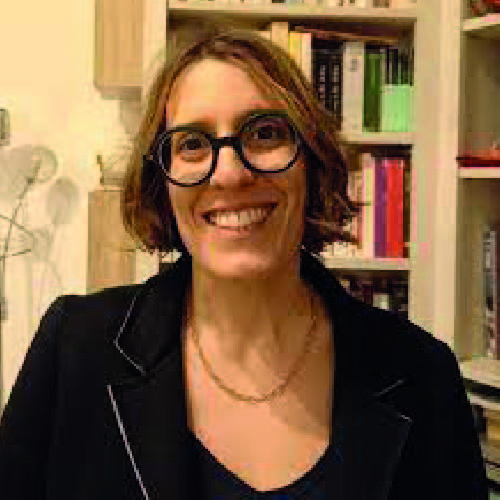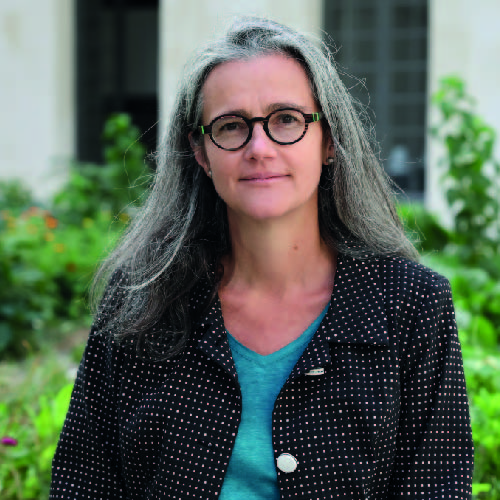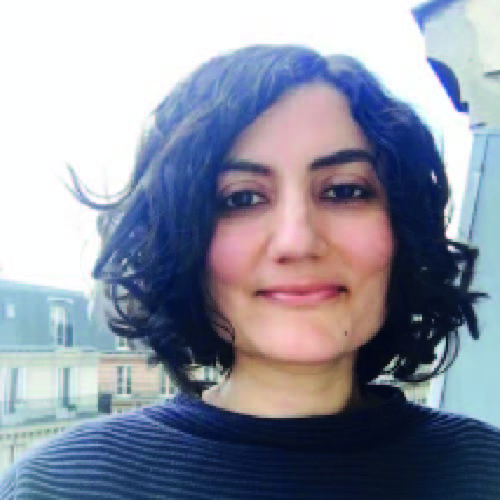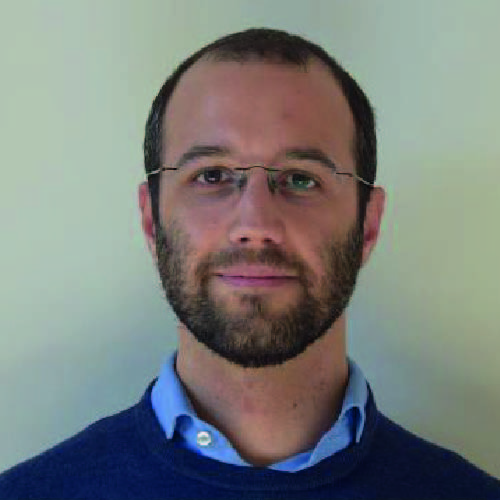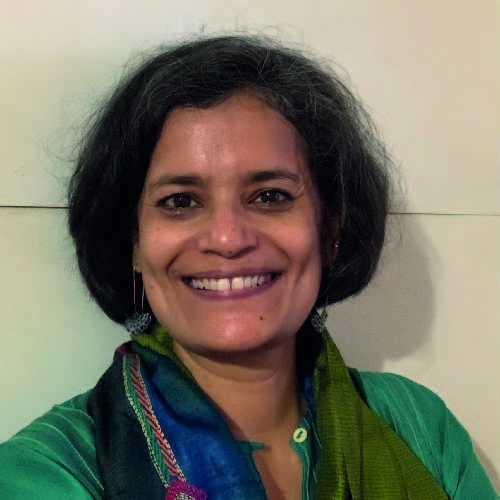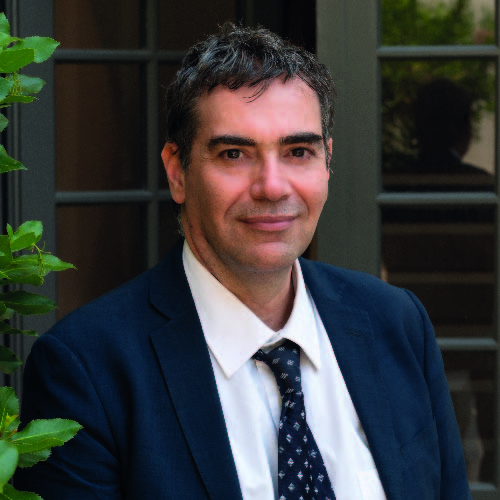AESOP 2024 ANNUAL CONGRESS | EVENING EVENT
36th AESOP Annual Congress 2024 Paris, France
“GAME CHANGER? Planning for just and sustainable urban regions”
Evening event 07
Shifting the paradigm: Redefining the power dynamics in South-North collaborations
Organizers :
- Subhashree Nath, Leibniz Institute of Ecological Urban and Regional Development
- Abhijeet Chandel, TU Delft
Speakers:
- Gautam Bhan, Indian Institute of Habitat Settlements (IIHS)
- Sukaina Bhardwaj, Stockholm Environment Institute (SEI)
- Robtel Neajai Pailey, London School of Economics (LSE)
- Ratoola Kundoo, Tata Institute of Social Sciences (TISS)
- Rachel Lee, TU Delft
-
Neelakshi Joshi, Leibniz Institute of Ecological Urban and Regional Development
As the bilateral collaborations between South and North becomes the apparent way towards just and sustained sustainable regions, it is time to break free from the ‘white gaze’, a term coined by Robtel Neajai Pailey. These collaborations are marred with a dominance of Western knowledge brokerage and an implicit mindset that measures development, for e.g., of cities, climate agendas and socio-economic and cultural processes through a ‘Western conceptualisation of worldly development’ (Pailey, 2020, p.5). However, such a conceptualisation of development in the name of modernity – a concept originating from Europe, which as Walter D. Mignolo points out, is a narrative that celebrates Western achievements while hiding at the same time its darker side, “coloniality” (Mignolo, 2011, p.4) Therefore, today’s “global modernities” implies “global colonialities” (ibid. p.5), often observed when organisations in the North set research and policy agendas for the global South. Planning also has colonial roots, being historically used in the dispossession, oppression, and marginalisation of indigenous communities, creating norms of space appropriation and segregation, and othering the indigenous people (Ugarte, 2014).Against this background, this session aims to explore “game changers”, that addresses extant structural inequalities in South-North collaborations. It calls upon speakers and presenters to engage in discussions regarding the existing challenges and chart a path towards just and equitable collaraborations.
LOC
The Local Organising Committee

